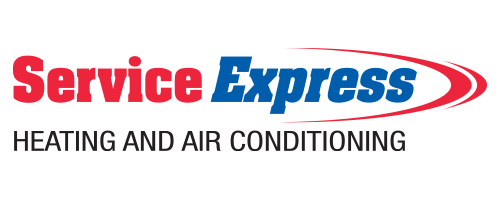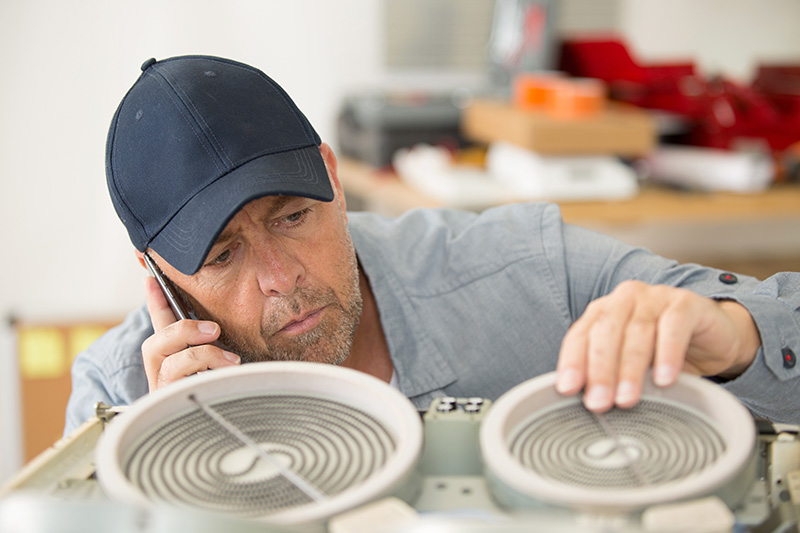Did you know that poor indoor air quality can exacerbate your irritating skin symptoms? Know the warning signs that your indoor air quality needs a boost.
In the winter, many homeowners prepare to deal with some dry skin from the dry winter weather. Did you know that poor indoor air quality can worsen your irritating skin symptoms? You need to understand the key warning signs that your indoor air quality needs a boost.
Most Common Skin Conditions Resulting From Poor Indoor Air Quality
When you have poor indoor air quality in your home, there are many ways that it can affect your skin. The most common include:
- Dryness
- Premature aging
- Dermatitis
- Rash, Acne, Hives
- Pigmentation
- Wrinkles
- Eczema
It’s not uncommon to attribute some of these symptoms to the dry, winter air. But, it’s important to also look at the quality of your indoor air to see if it’s playing a role in your skin condition.
Where are These Indoor Toxins Coming From?
If your indoor air quality is not great, your next step is to determine where the toxins are coming from. Some key sources of indoor toxins include smoking, dust, VOCs, and dust mites.
Controlling these is the key to minimizing their impact on the quality of the air inside your home. Opting not to smoke inside of your home is a key way to help reduce indoor toxins. There are many other tactics that you can use to help improve the quality of your indoor air.
Tips for Enhancing Your Indoor Air Quality
The air quality level inside of your home can have a big impact on how your family feels and functions. It’s best to always ensure that you’re replacing your HVAC filter on a regular basis.
Most households will need to replace their filter every three months. It’s a good rule of thumb to check the state of your HVAC filter every month. This way, you can replace it as soon as it has reached the end of its lifespan.
Another way to improve the quality of your air is to invest in a whole-home air purification system. This type of system filters out any imperfections in your air. This helps keep your family healthy and happy while you’re spending your time indoors.
If you have a centralized heating and cooling system, you have ducts throughout your home. These ducts can collect unwanted airborne particles like dust and other debris. It’s best to have your ductwork cleaned every three to five years. This can remove that excess debris so that it doesn’t taint the quality of your indoor air.
Call Us Today
If you’re struggling with poor indoor air quality, give our HVAC professionals a call. Our HVAC professionals can test the air quality in your home. We can also recommend ways to improve your indoor air quality.

